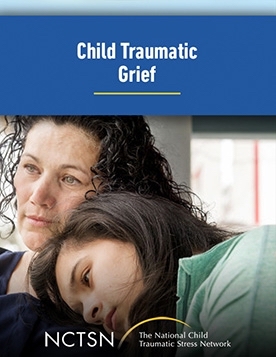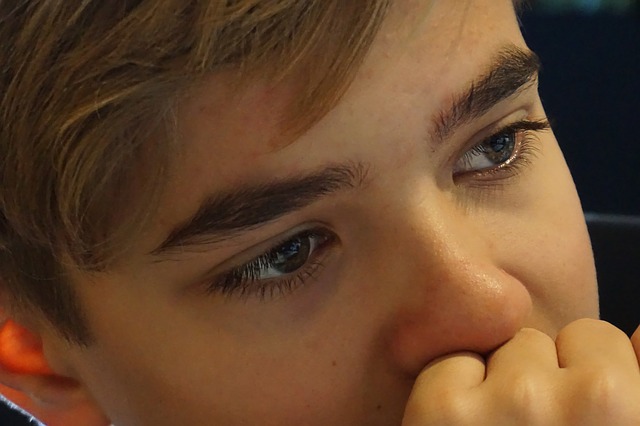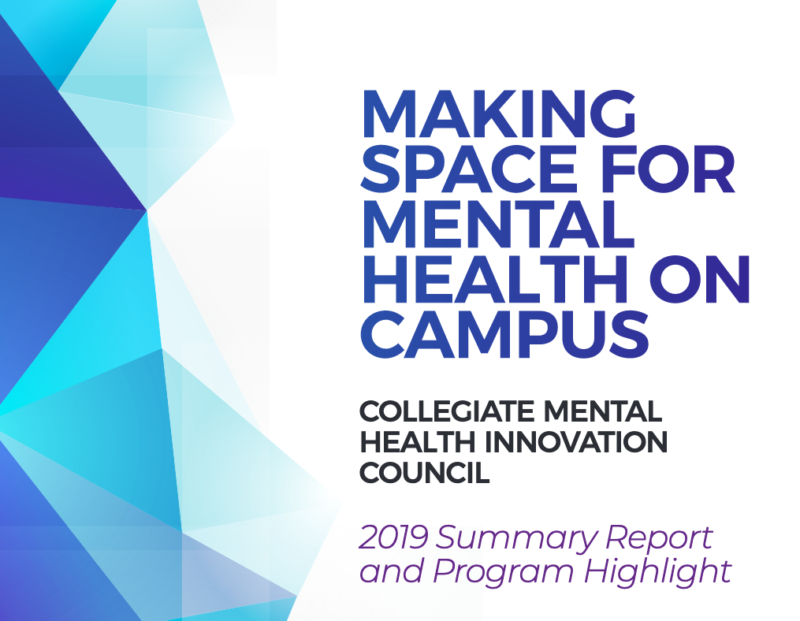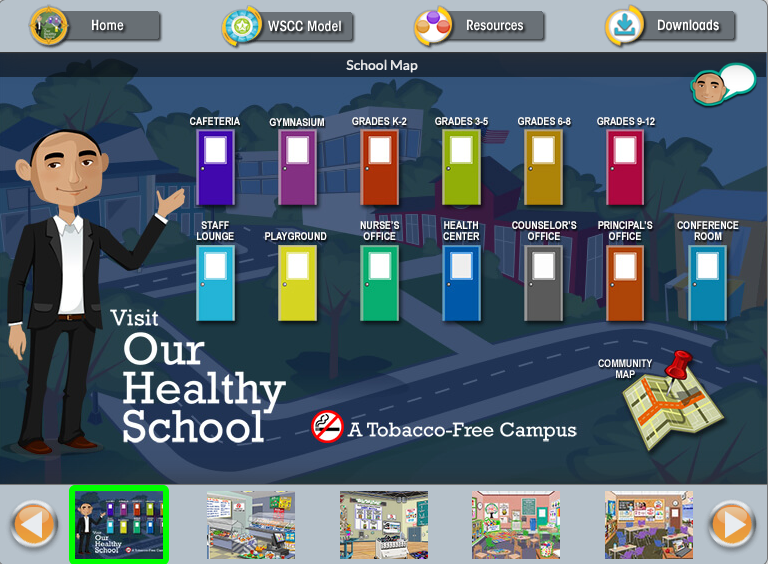
Traumatic Separation in Children and Adolescents
This webinar from the National Child Traumatic Stress Network describes the impact of traumatic separation, attachment, and attachment disruption on children and adolescents. Read more >>
Request an Appointment
English: 650.688.3625
Medi-Cal: 650.688.3650

Traumatic Separation in Children and Adolescents
This webinar from the National Child Traumatic Stress Network describes the impact of traumatic separation, attachment, and attachment disruption on children and adolescents. Read more >>
Anxiety and Twice-Exceptional (2e) Child [downloadable]
Students who are twice-exceptional (2e) have tremendous intellectual gifts alongside a wide range of possible learning challenges — attention differences, slow processing speed, social immaturity, and/or weak executive function skills, just to name a few of the possibilities. Read more >>

What Are the Best Ways to Prevent Bullying in Schools?
Bullying occurs everywhere, even in the highest-performing schools, and it is hurtful to everyone involved, from the targets of bullying to the witnesses—and even to bullies themselves. Read more >>

Report: Making Space for Mental Health on Campus [downloadable]
With guidance from Mental Health America, the Collegiate Mental Health Innovation Council (CMHIC) is made up of students and recent graduates who are finding new ways to make a difference in their communities. Read more >>

Virtual Healthy School (VHS) is an interactive learning tool from Centers for Disease Control and Prevention (CDC) Healthy Schools that illustrates how the components of the Whole School, Whole Community, Whole Child (WSCC) model can be integrated into a school. Read more >>

5 Benefits of SEL in Classrooms
Social-emotional learning (SEL) has become a large part of the discussion around what belongs in classrooms, mainly because putting SEL in classrooms opens up a door to new opportunities for students to learn how to support themselves and others. Read more >>

Students in High-Achieving Schools Are Now Named An ‘At-Risk’ Group, Study Says
Communities touting the best-ranked schools are often the most in-demand among families. But this competitive environment can come at a psychological cost to those attending them. Read more >>

Crisis Text Line Spread the Word Toolkit [downloadable]
Crisis Text Line serves anyone, in any type of crisis, providing access to free, 24/7 support and information via a medium people already use and trust: text. Want to bring Crisis Text Line to your community, school, or workplace? Crisis Read more >>

Getting the Right Start: Student Guide to Mental Health [downloadable]
Did you know that 1 in 5 youth and young adults lives with a mental health condition? The Student Guide to Mental Health Fact Sheet lists the common warning signs that something is amiss and explains the steps to take Read more >>

For Better Adult Mental and Relational Health, Boost Positive Childhood Experiences
Positive childhood experiences, such as supportive family interactions, caring relationships with friends, and connections in the community, are associated with reductions in chances of adult depression and poor mental health, and increases in the chances of having healthy relationships in Read more >>
English: 650.326.5530 | Español: 650.688.3650 | Fax: 650.688.3669
English: 650.326.5530
Español: 650.688.3650
Fax: 650.688.3669
Get Help: 650.688.3625 | Medi-Cal: 650.688.3650 | careteam@stage.chconline.org
English: 650.668.3625
Español: 650.688.3650
careteam@stage.chconline.org
© 2024 Children’s Health Council. All rights reserved.
CHC Palo Alto: 650 Clark Way, Palo Alto, CA 94304 | 650.326.5530
CHC South Bay: 2280 Kenwood Avenue, San Jose, CA 95128 | 408.831.7512
CHC Ravenswood: 1765 E Bayshore Rd, East Palo Alto, CA 94303 | 650.702.2487
CHC Palo Alto:
650 Clark Way, Palo Alto, CA 94304
650.326.5530
CHC South Bay:
2280 Kenwood Avenue, San Jose, CA 95128
408.831.7512
CHC Ravenswood:
1765 E Bayshore Rd, East Palo Alto, CA 94303
650.702.2487